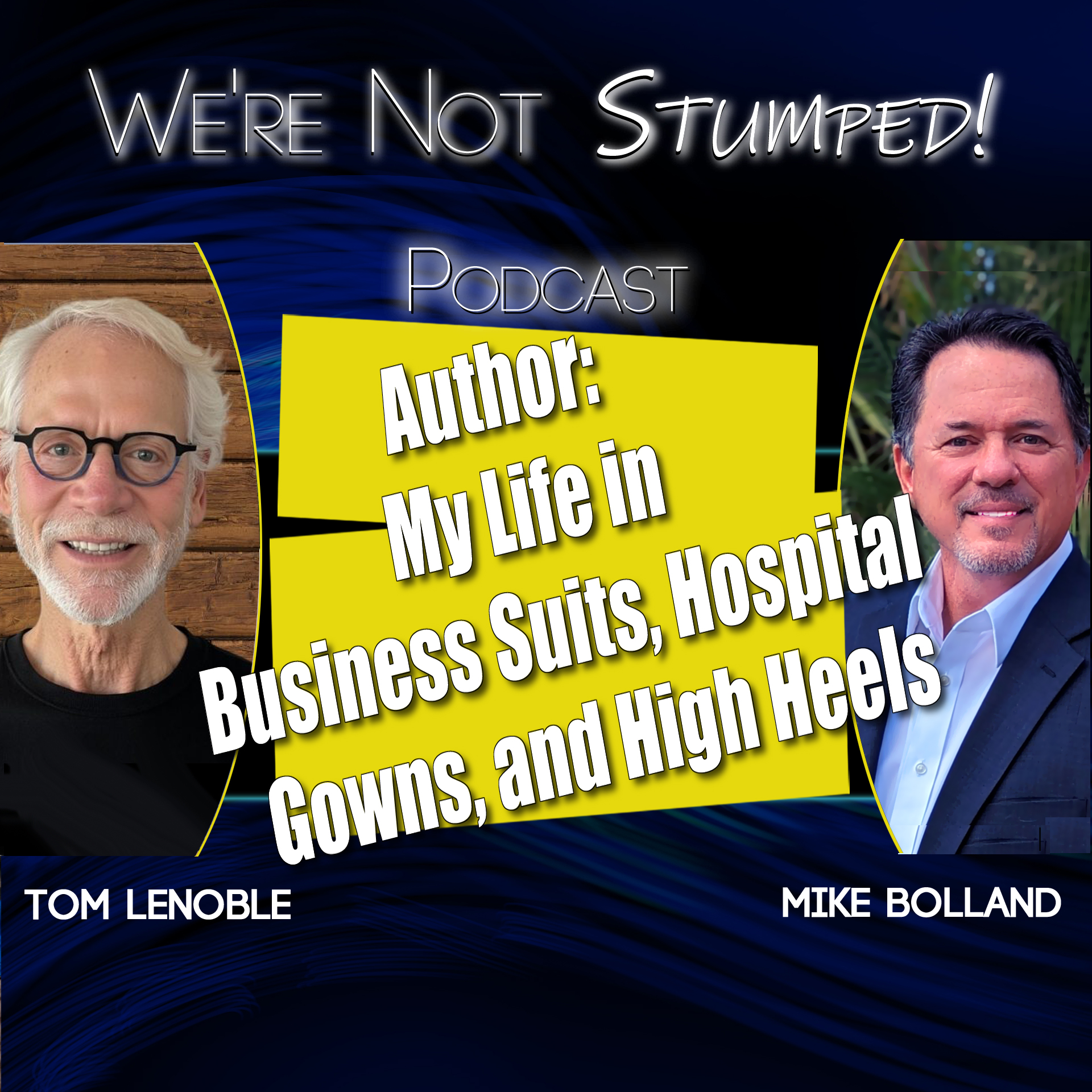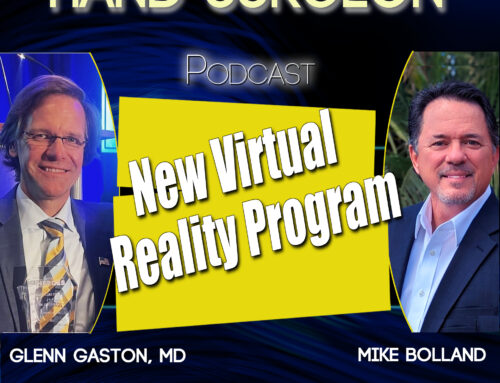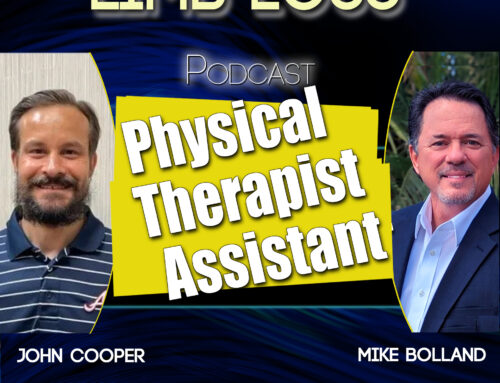In this episode of We’re Not Stumped, host Mike Bolland sits down with Tim Balz, founder and CEO of Kalogon, (https://www.kalogon.com) to discuss how cutting-edge technology is improving mobility and independence for wheelchair users.
Tim’s journey started in high school when he began refurbishing wheelchairs to help people in need. That passion evolved into a career in assistive technology, leading to the creation of Kalogon—a company developing AI-powered smart cushions designed to prevent pressure injuries and enhance comfort for wheelchair users. These cushions actively redistribute pressure, helping to reduce the risk of pressure sores, discomfort, and long-term health complications that many wheelchair users face.
Throughout the conversation, Tim shares the inspiration behind Kalogon, the science behind its smart cushions, and how his team is using technology, data, and user feedback to create innovative solutions. He also discusses the future of mobility technology, including how AI and personalized care can further improve the quality of life for people with disabilities.
Mike and Tim also explore the challenges of starting a company in the accessibility space, the importance of inclusive design, and how Kalogon is working alongside healthcare professionals and wheelchair users to bring life-changing innovations to the mobility community.
Tune in for an insightful conversation about innovation, advocacy, and the future of assistive technology. Whether you’re a wheelchair user, a caregiver, or simply interested in groundbreaking advancements in mobility, this episode is packed with valuable insights!
0:00 – Intro
0:45 – Tim Balz discusses his early life
2:30 – Tim Balz discusses his early introduction to wheelchairs
3:26 – Tim talks about his parents influence
4:20 – Wheelchair invention that impressed Stephen Hawking
7:15 – Tim Balz talks about landing at SpaceX
11:55 – Tim talks about his passion for helping others
14:00 – Welcome Discount Tire as a sponsor
15:47 – First product from Kalagon
20:18 – Pressure injury threat
23:16 – Smart Wheelchair Seat Success Story
25:05 – Wheelchair Smart Cushion Explained
29:20 – A look to the future
Listen on Apple Podcasts
Watch on YouTube
Listen on Spotify
In this powerful and reflective episode of We’re Not Stumped, host Mike Bolland welcomes Terry Tucker, author of Four Truths and a Lie, for a deep conversation about mindset, mental toughness, and what it truly means to live a significant life. Terry shares the philosophy behind his latest book, which challenges common definitions of success rooted in money, status, and material achievement. Instead, he invites listeners to rethink success through the lens of service, responsibility, and impact on others. At the heart of his message is one foundational truth: if you don’t control your mind, it will control you.
In this eye-opening episode of We’re Not Stumped, host Mike Bolland speaks with Dr. Kevin Lee, a vascular and interventional radiologist at Georgia Endovascular, about why so many amputations don’t have to happen. Dr. Lee explains how misdiagnosed or untreated peripheral artery disease (PAD) is one of the leading causes of limb loss—especially among veterans, older adults, and people living with diabetes. He shares how minimally invasive endovascular procedures can restore blood flow, reduce pain, and help patients avoid amputation when disease is caught early.
Tom Lenoble’s story is a powerful combination of leadership, resilience, and personal transformation. In this inspiring interview, Tom reflects on his remarkable career leading global customer operations for major brands like MCI, Walmart.com, Palm, and Facebook, where he helped build the company’s first customer operations organization during its explosive early growth. Beyond his Silicon Valley leadership achievements, Tom opens up about surviving two life-threatening illnesses, living with HIV, and battling metastatic cancer for 13 years while continuing to lead, inspire, and thrive. His bestselling memoir, My Life in Business Suits, Hospital Gowns, and High Heels, reveals the deeply human side of his journey — from corporate success to vulnerability, healing, and purpose.








